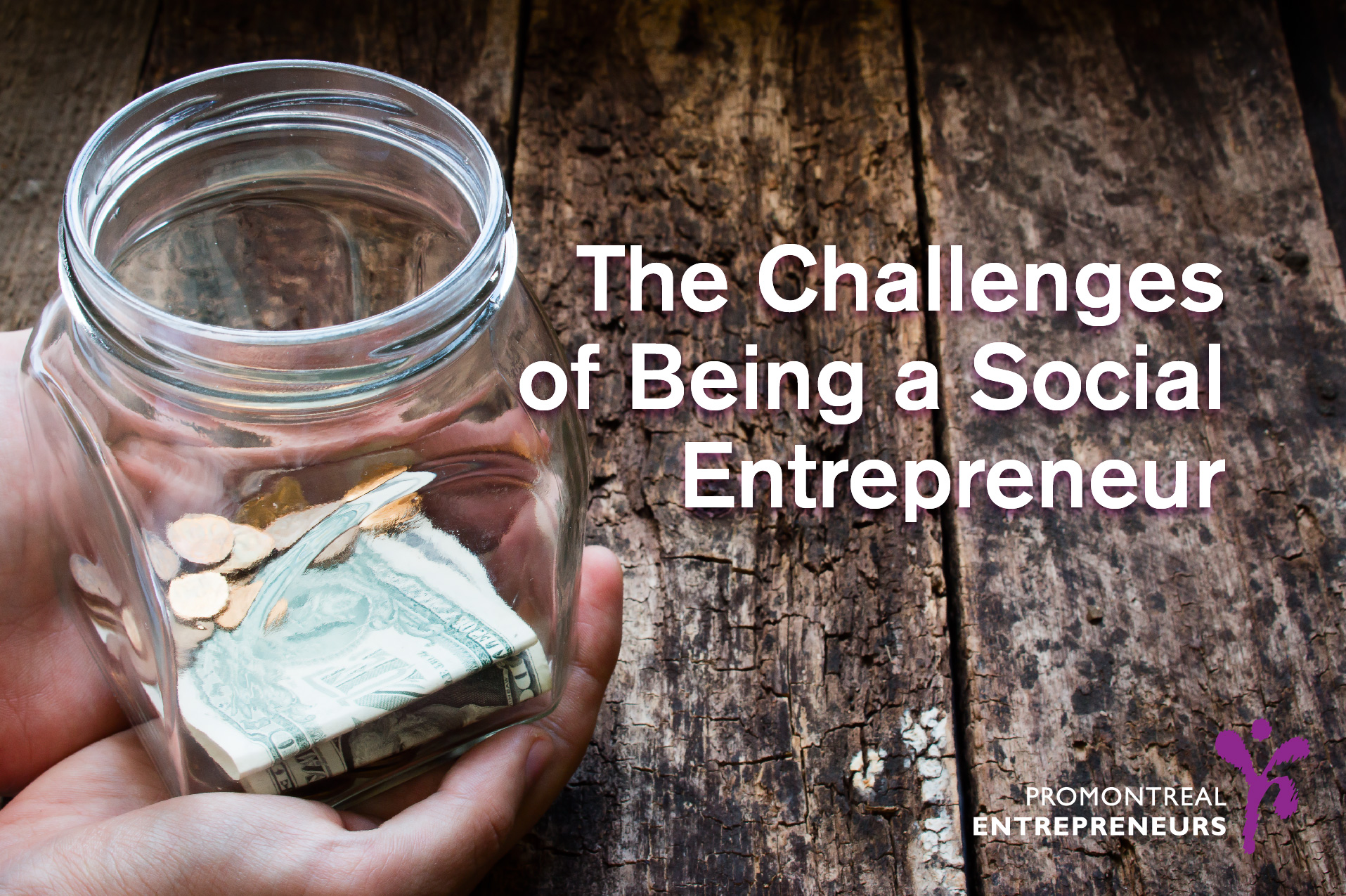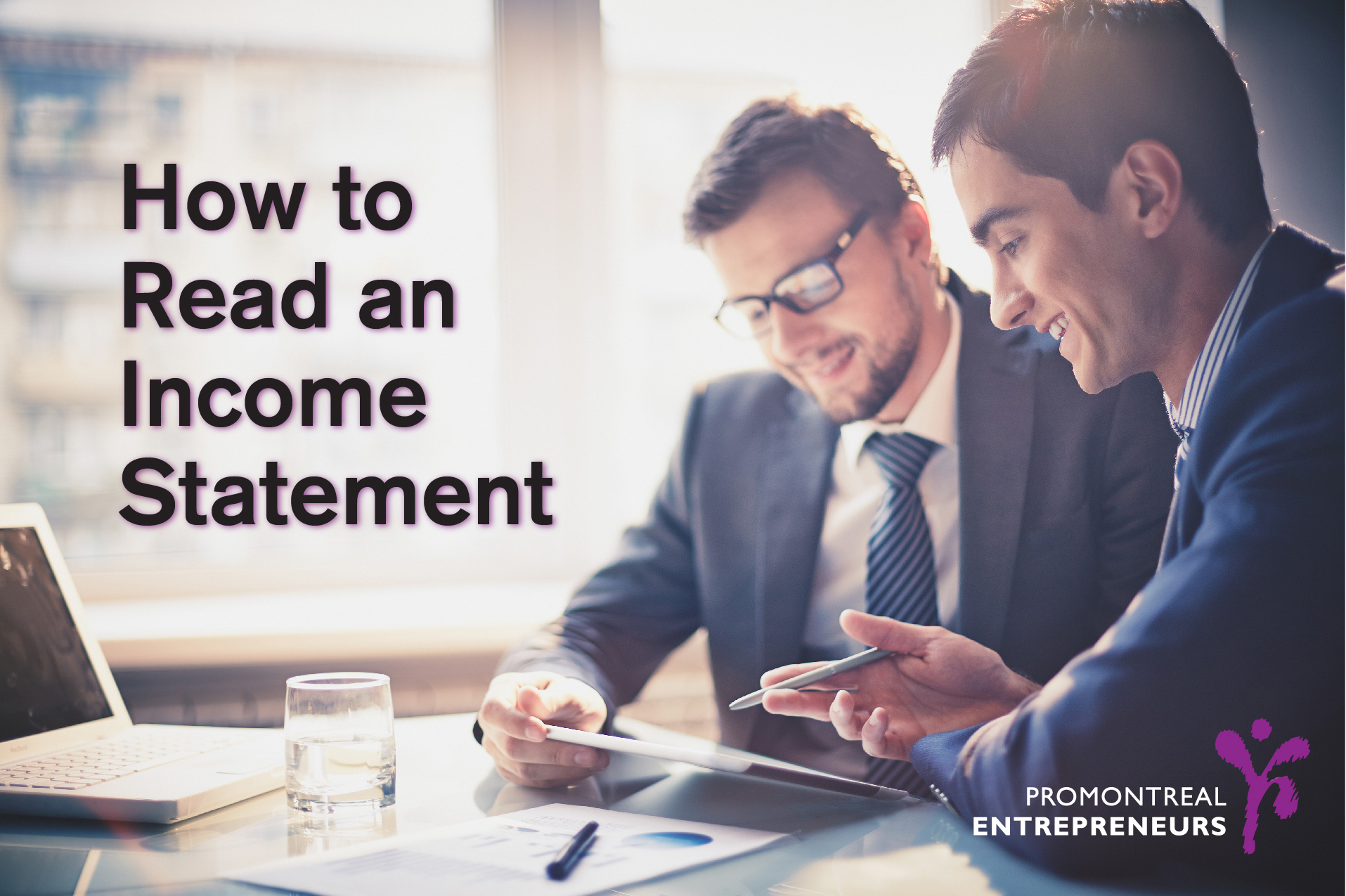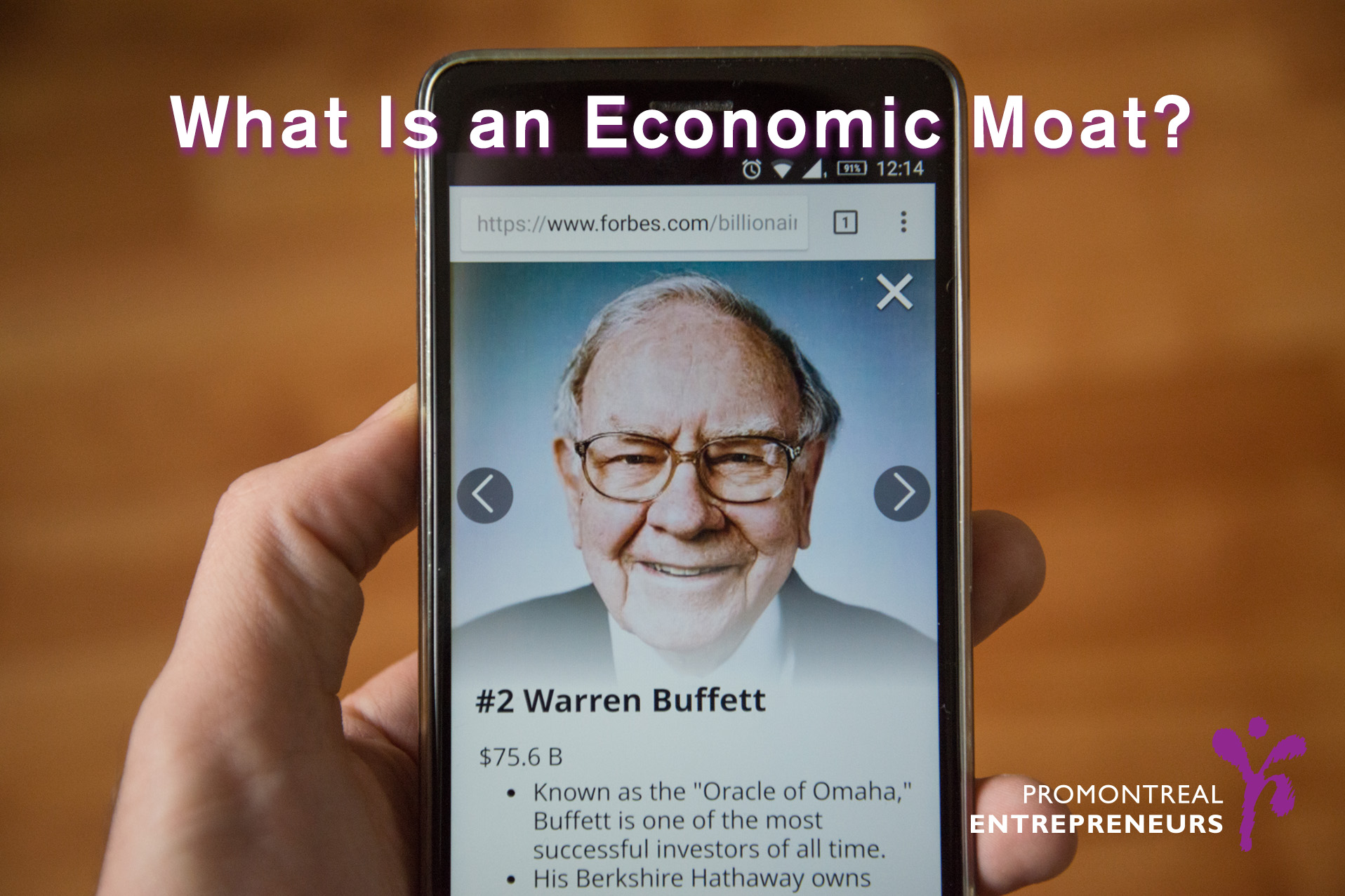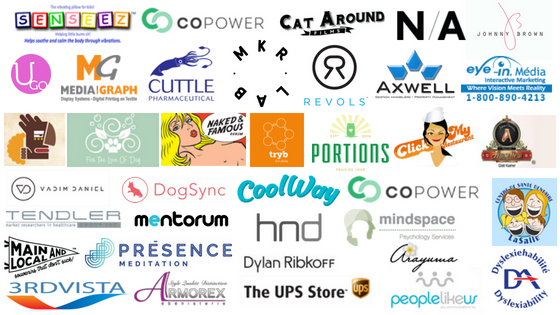 In a room full of equally smart people the one who stands out is the one who appears as most interested. Emotional intelligence is probably one of the most underrated entrepreneurial skills. It was brought to mainstream attention by Daniel Goleman, in his book, Emotional Intelligence. It is the ability to identify, use, understand, and manage emotions in positive ways to relieve stress, communicate effectively, empathize with others, overcome challenges and diffuse conflict. Technical skills and expertise is the foundation of the product development stages. Conversely, a high degree of emotional intelligence is what will keep an entrepreneur’s company afloat. Networking, presenting, pitching, and working with others, all require a high level of emotional intelligence. Here are 3 important reasons why emotional intelligence is arguably just as important, if not more, than IQ.
In a room full of equally smart people the one who stands out is the one who appears as most interested. Emotional intelligence is probably one of the most underrated entrepreneurial skills. It was brought to mainstream attention by Daniel Goleman, in his book, Emotional Intelligence. It is the ability to identify, use, understand, and manage emotions in positive ways to relieve stress, communicate effectively, empathize with others, overcome challenges and diffuse conflict. Technical skills and expertise is the foundation of the product development stages. Conversely, a high degree of emotional intelligence is what will keep an entrepreneur’s company afloat. Networking, presenting, pitching, and working with others, all require a high level of emotional intelligence. Here are 3 important reasons why emotional intelligence is arguably just as important, if not more, than IQ.
-
Building better relationships:
The relationships you build will be the reason for profitable present and future opportunities. Relationships with business partners, employees, customers, and investors will drive the quality of work created, the workplace environment, and the appeal you have to potential investors and stakeholders. Building healthy relationships in the workplace means understanding the diversity in people’s behaviours, and adapting accordingly.
-
Stress management:
Emotional intelligence is said to moderate the relationship between mental health and stress. Being an entrepreneur isn’t the most stable of jobs, and the unexpectedness of it all can cause a tremendous amount of stress. People with high emotional intelligence can better reduce stress because of self-awareness. Goleman explains that self-awareness allows for people to identify the moment when stress is likely, and therefore calm-down before their stress becomes unmanageable. As well, empathy and social skills allows emotionally intelligent people to better communicate how it is that they are feeling and find solutions to such problems.
-
Understanding your brand:
Emotional intelligence is crucial for successful marketing. This is two-fold. For one, a marketer must be able to empathize with his target market. A person with high emotional intelligence will ask the right questions in order to understand the needs of customers. these questions relate to customer expectations, emotional factors that drive the need for the product at hand, and satisfaction that customers receive from the product. At the same time understand that your brand, must too, have its own emotional intelligence. In this day and age people define themselves based on the clothes they wear, cars they drive, the jobs they have, etc. It is the responsibility of the brand to represent its customers and adapt to the customers’ changing phases and behaviors.
Some can develop higher emotional intelligence through exercises and training. Google has even started giving emotional intelligence courses to employees. But let’s be realistic. For some it is just not that simple, and that’s perfectly fine. In such a case, entrepreneurs can benefit from partnering with individuals who have what they lack. It is important however to acknowledge that your IQ will only take you so far. At the end of the day, once you’ve developed a great product, what will draw investors, employees, and customers to your company is your emotional intelligence. You will have to communicate effectively with investors, overcome challenges and diffuse conflict in the workplace, and empathize with customers, all while managing your emotions, stress and other responsibilities. As the old saying goes, it takes something more than intelligence to act intelligently.







